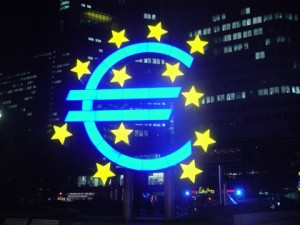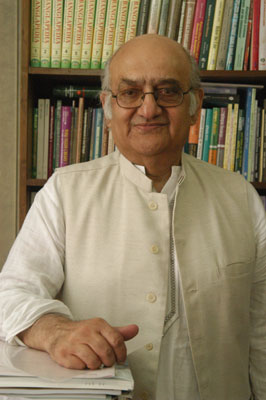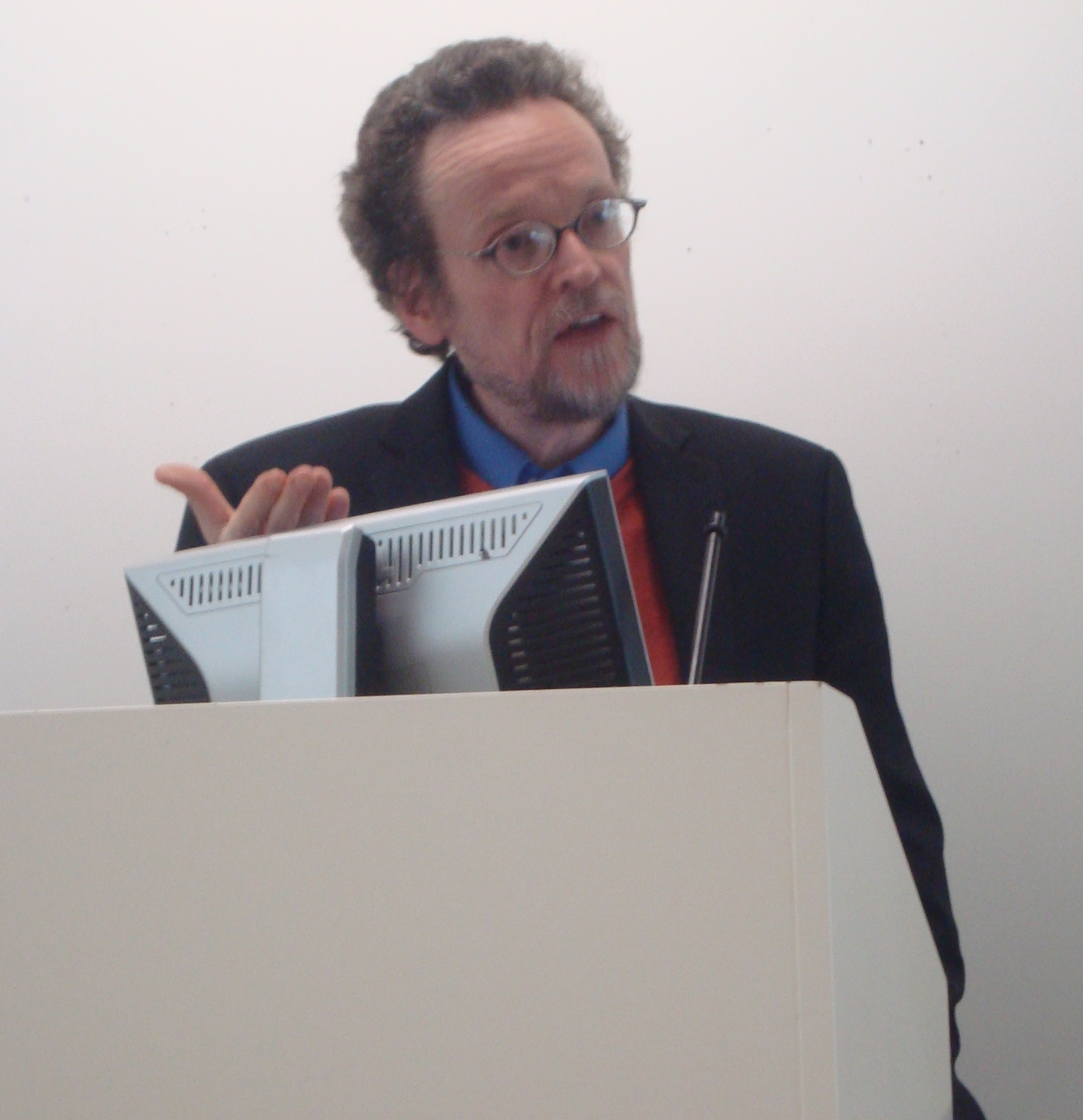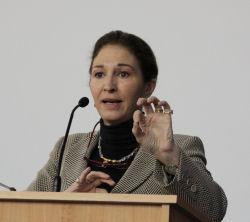China’s Politics of Tobacco Control
Recognizing that tobacco consumption has become a leading cause for premature death worldwide, the international community, under the auspice of WHO, successfully developed the Framework Convention on Tobacco Control (FCTC) with unanimous adoption by the 192 member states in May 2003. It is the first time that the Organization has used its constitutional right to develop an internationally legal instrument in global health governance. Therefore, it is a seminal event in global health. It also represents an unprecedented collective action to curb the global tobacco epidemic. The convention came into force in February 2005. With 174 party members covering 87% of the World’s population, the FCTC has been among the most widely and rapidly embraced international conventions devoted to health …
Will Tony Blair’s Africa Governance Initiative’s focus on large-scale economic investment lead to further underdevelopment in Africa?
Tony Blair’s establishment of the Africa Governance Initiative (AGI) has been lauded by reporters and bloggers as being indicative of a “new” way for the international community to engage with African countries to assist in poverty reduction and to move “beyond aid” by “attract[ing] sustainable investment” to the continent. While the tenets of Blair’s AGI are fairly clear — focusing on strengthening African leadership and good governance and boosting economic growth through sustainable development of infrastructure — a visit to the AGI website is less than clear on how the initiative will (or can) ensure the necessary good governance. The AGI model can be summarized as: Leadership (founded on skills, systems and structures) + prioritisation + planning + performance management …

Europe in the Soup: Three Scenarios
In ‘Duck Soup‘ – the 1930s Marx brothers’ film – a powerful rich lady tells the ailing government of Freedonia, she will only bail them out with another loan, if her favourite – Groucho Marx – becomes president: chaos follows. Europe may or may not escape chaos as the euro crisis unfolds. But when asking what sort of European Union will emerge out of the Duck Soup of the crisis, there are no upbeat scenarios. Desperate Politics drives all scenarios The euro crisis has battered the EU’s political dynamics, clout and democratic credentials. The sight of technocrats running the Greek and Italian governments has been criticised as anti-democratic . But Europe’s political failings go beyond this. Neither Angela Merkel nor …

The Eurozone Council: are we a step closer to a European Government?
When in 1992 the decision to provide Europe with the single currency was adopted, voices were raised claiming that it may be difficult to have a monetary union without a political union. This is considered to be particularly the case on occasion of “asymmetric shocks” which may hit weaker “peripheral economies” in a monetary union, but not stronger “core ones”. The Eurozone, even at its infancy, has never constituted an Optimal Currency Area, but at a time of relative economic growth the Stability and Growth Pact (SGP) was by most considered as a sufficient tool to secure the sustainability of the single currency. However, the economic crisis of the early 2000s and the current “Euro crisis” have proved the opposite. …

Challenging the Injustice of Poverty: a Conversation with Rehman Sobhan
Last week, Professor Rehman Sobhan, Chairman of the Center for Policy Dialogue in Dhaka, Bangladesh, visited the UN Development Programme in New York City to discuss his most recent book. I had the opportunity to speak with Professor Sobhan about the motivation behind his work and learn about the years of field research that preceded it. Challenging the Injustice of Poverty: Operationalizing an Agenda for Inclusive Development Across Southeast Asia is a culmination of Professor Sobhan’s efforts to understand the roots of economic exclusion across 5 countries over the past 4 years. At its core is Sobhan’s uncompromising insistence on identifying the source, as opposed to merely addressing the symptoms of poverty. According to Sobhan, poverty is not a social …

Thomas Pogge on “Globalization, Inequality and the State” Lessons from the International Financial Playground
A few weeks ago I had the opportunity to attend a talk given by Mike Bonnano, one of the Yes Men (self-proclaimed social justice pranksters famous for impersonating the CEOs of Dow Chemical, General Electric and similar corporate giants in the international media). Bonnano spoke about the need for a “post-ideological revolution” in which we rethink the existing inequalities in income and opportunity and return to the values we all learned when we were children: simple ideas such as sharing, respecting others, and fairness. These words stuck with me, and retained their salience as I listened, a week later, to Dr. Thomas Pogge speak on the topic of “Globalization, Inequality and the State.” Dr. Pogge is a renowned expert on …

Professor Anne-Marie Slaughter Discusses New Shifts in US Diplomacy
Professor Anne-Marie Slaughter Discusses New Shifts in US Diplomacy
Play Episode
Pause Episode
Mute/Unmute Episode
Rewind 10 Seconds
1x
Fast Forward 30 seconds
00:00
/
Subscribe
Share
RSS Feed
Share
Link
Embed
Download file | Play in new windowOn May 18, 2011 Professor Anne-Marie Slaughter delivered the inaugural Distinguished Fulbright Lecture in Oxford. The topic: The Turn: US Foreign Policy from 2009 to 2011. The key message I took away from the lecture was that during the Obama Presidency, US diplomatic missions have shifted their focus more towards societal actors. The nature of US diplomacy has expanded from acting almost exclusively on a government to government basis, to interacting with societal actors or even acting as a facilitator between societal actors in different countries. This change in diplomacy is part of the emergence of a new paradigm driving the US Foreign Policy post “9/11”. In this paradigm, separation gives way to interconnectedness, conflict to collaboration; and the sole …
UN Secretary-General HE Mr Ban Ki-moon at Oxford University
His Excellency Mr Ban Ki-moon, current Secretary-General of the United Nations, gave this year’s Cyril Foster Lecture on ‘Human Protection and the 21st Century United Nations’ on 2 February at Oxford’s Examination Schools, hosted by the Department of Politics and International Relations. HE Mr Ban Ki-moon was the 4th Secretary-General of the UN to give a Cyril Foster lecture and he was greeted by an audience of over 700 attendees, including the overflow rooms. From the very early days of his tenure as Secretary General, Ban Ki-moon has placed humanitarian issues, and particularly the notion of the ‘responsibility to protect’, at the forefront of his agenda. More specifically, he has sought to turn ‘words into deeds’ – to translate the …









